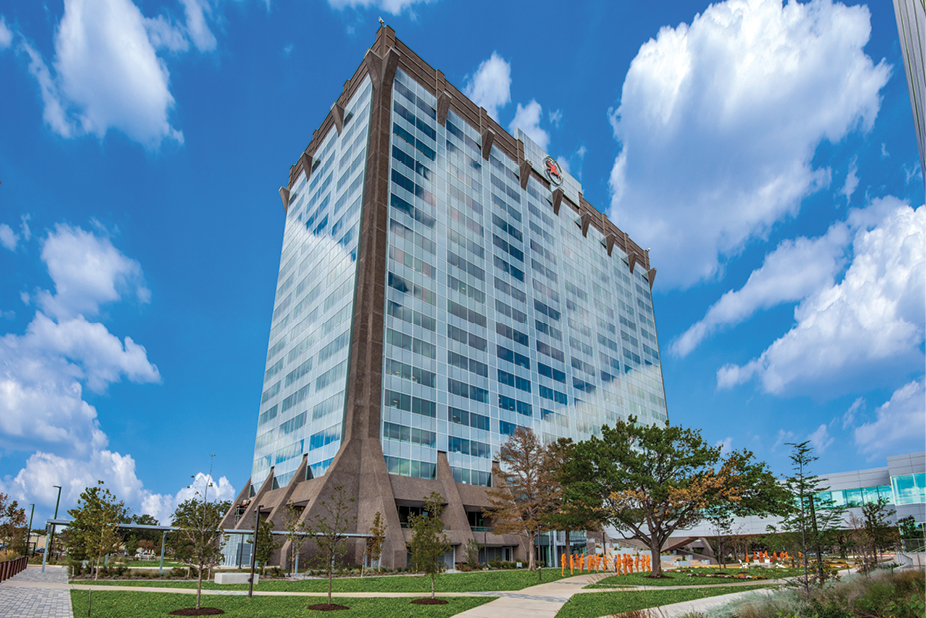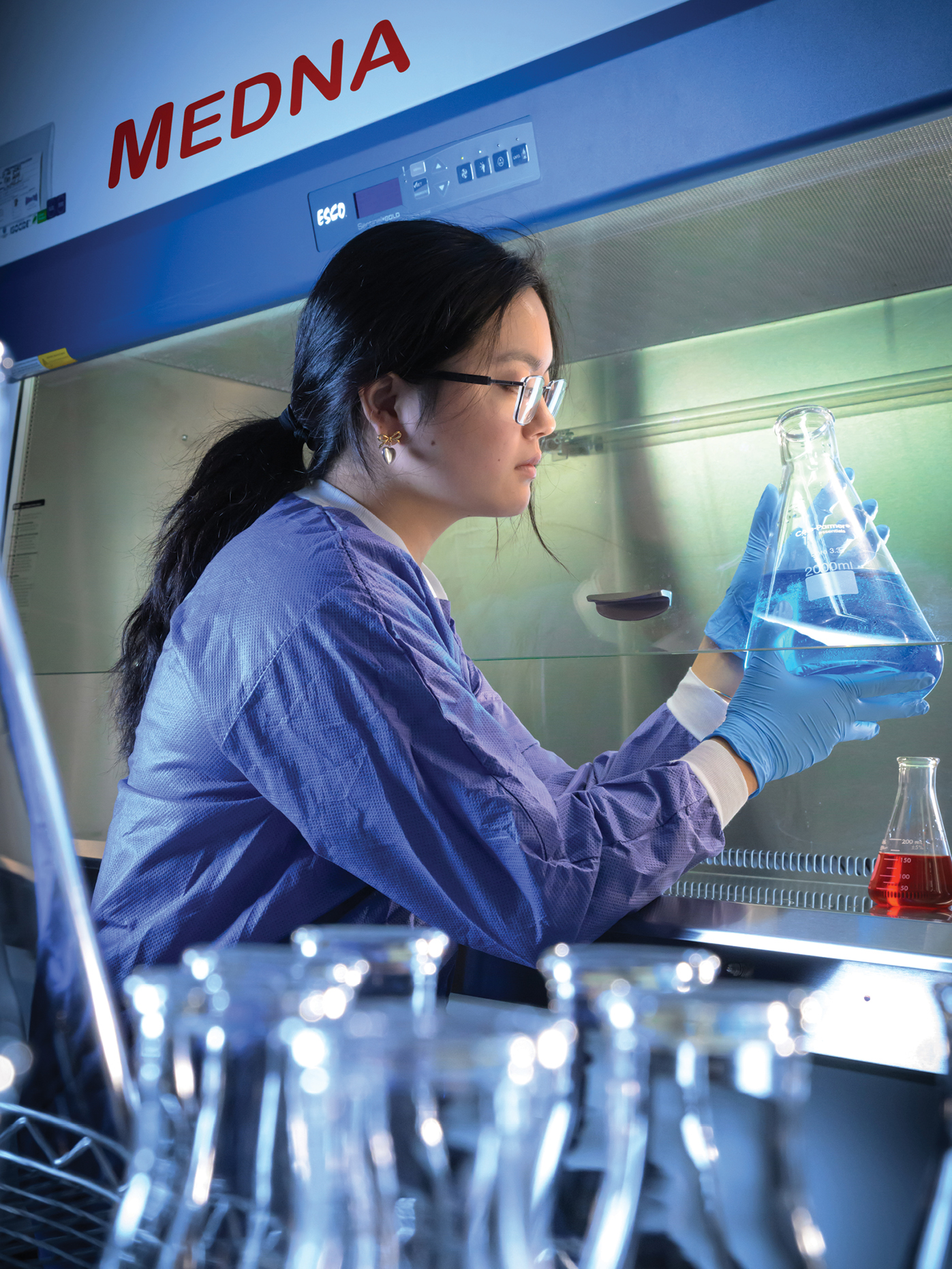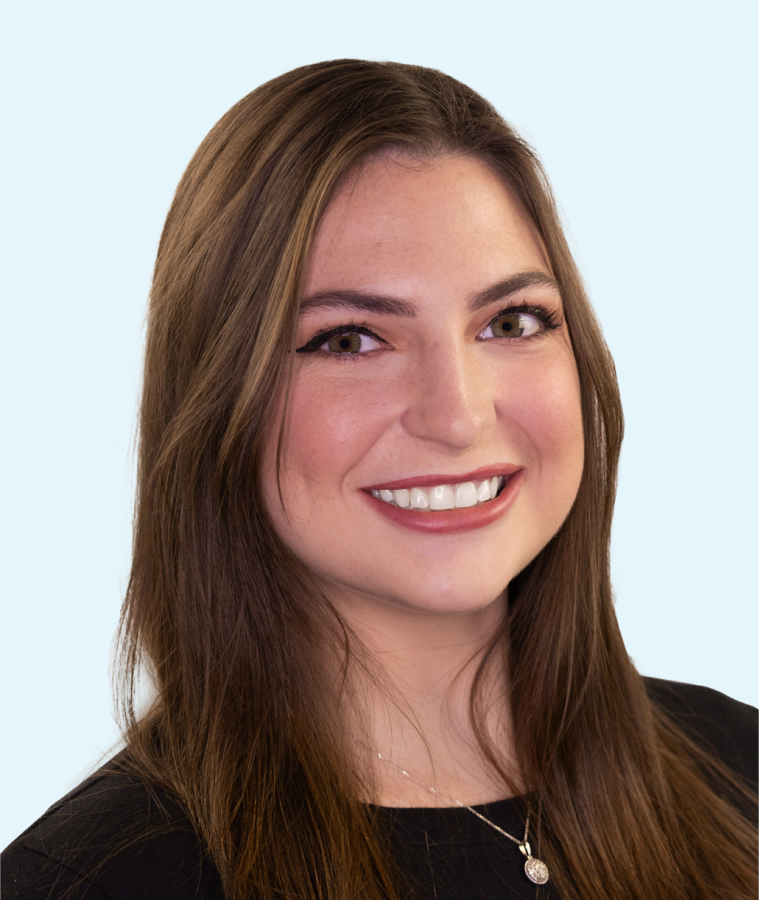North Texas is set to leverage its life sciences expertise as the region pioneers the next generation of R&D for medicine and technology.
For years, industry leaders have flocked to the Dallas-Fort Worth metroplex to expand their capabilities. CBRE’s 2023 Life Sciences Outlook showed that from 2018 to 2022, the region’s markets drew in $1.6 billion of venture capital funding. In that time the labor pool grew by 17%, cementing Dallas-Fort Worth as the No. 3 emerging market for life sciences R&D employment growth.
Centrally located between the two cities, Irving-Las Colinas has become a key component to the region’s burgeoning life sciences market. Just 12 miles outside of Dallas and home to Dallas Fort Worth International Airport, the city is recognized as the “Headquarters of Headquarters” in Texas and has long been sought out by companies looking to establish long-term growth opportunities.
“Corporate relocations are not just about moving businesses and offices,” says Irving Economic Development Partnership President and CEO Beth Bowman. “They are about moving workers and their families. Irving-Las Colinas leads the way in supporting relocating or expanding businesses and their employees.”
The city itself is home to the headquarters of Fortune 500 medical giants Celanese, McKesson Corporation and Kimberly-Clark, while supporting a thriving ecosystem of new and established life sciences, biotechnology and animal health companies.
Looking forward, Irving-Las Colinas is prepared to welcome a new wave of innovation as R&D breakthroughs take place just five miles outside the city in Dallas.
Collaborative Ecosystem
In 2023, four Texas cities — Dallas, Houston, Austin and San Antonio — went head to head with regions across the nation to compete for and earn the Advanced Research Projects Agency for Health’s (ARPA-H) designation as a regional hub dedicated to the advancement of medical research. The pitch sold Pegasus Park in Dallas, a campus focused on life sciences and social impact, as the ideal location to introduce a 26-acre Customer Experience hub.
It is here that more than 1,000 partners across the four-city consortium will gather with an R&D focus on preventative, therapeutic and treatment needs. Scientists and researchers from a network encompassing all 50 states will have the opportunity to come here and work on clinical trials, develop new medicine and treatments, test new technologies and gather data across a number of diverse projects.
ARPA-H is a newly formed agency under the Biden Administration that takes after the Internet research efforts pursued by the Defense Advanced Research Projects Agency (DARPA), but with a specific R&D focus on addressing national healthcare challenges such as cancer and diabetes. The $2.5 billion initiative will provide funding to the Investor Catalyst hub in Cambridge, Massachusetts, and the Stakeholder and Operations hub in Washington, D.C., in addition to Dallas.
“The influx of federal funding is exciting to support the novel research and commercialization plans of our great local businesses and universities like University of Texas Southwestern Medical Center and University of Texas-Dallas,” says MEDNA Scientific Founder and CEO Vickie Tu. “In turn, Dallas-Fort Worth will see strong growth prospects and career opportunities. It will be exciting to see the untapped potential of this region be displayed.”

Photo courtesy of Pegasus Park
MEDNA Scientific and Tu have become staples in Irving over the past five years. The biotechnology company arrived in the region before the market had found its footing, becoming one of the first to discover the benefits of doing business in Texas. She has found that in comparison to San Francisco or Boston, Irving offers the location and business operations costs fit for a growing company.
Since then, MEDNA’s growth has been reflective of the evolution taking place in North Texas. Following expansion to a new 200,000-sq.-ft. Irving site in 2022, the company recently finished the remodeling of 50,000 sq. ft. of new lab space and is incorporating new equipment and MEDNA automation tools. This location has served as a catalyst for growth and has allowed the company to quickly expand to better serve the pharmaceutical and healthcare sectors.
For Tu, the arrival of ARPA-H brings the hope of potential partnership opportunities with Texas universities and businesses. But most importantly, it brings Tu a more optimistic view on securing top skilled talent in high-quality roles.
“ARPA-H is a big win for Dallas,” says Tu. “These connections between Texas’ major cities will open major growth and partnership opportunities.”
Irving is located 14 minutes from Pegasus Park and offers 21.8 million sq. ft. of office space, development and redevelopment opportunities dependent on company needs and a suite of incentives offered by the city and state. Supported by a growing base of 16,000 life sciences employees, Irving-Las Colinas offers unrivaled assets.
“Given our natural advantages that include our central location and adjacency to DFW Airport, skilled workforce and proximity to Pegasus Park, we feel confident in our ability to attract the intellectual capital and companies investing in life sciences and health care in the years ahead and into the future,” says Velazquez.
Prepared For Growth
Within a 30-minute drive of Irving, companies have access to over 4 million workers and eight universities, community colleges and trade schools. A specific focus for the city is expanding STEM education offerings, stretching from primary school to higher education.
The Irving Independent School District has partnered with UT Southwestern Medical Center to build a biomedical science program that has garnered 2,500 student participants. Leadership anticipates programs like this to continue to arise and provide guidance to students young and old who are looking for a new career pathway.
Matched with the city’s “10-minute lifestyle,” companies, employees and their families can travel to and from anywhere with ease and find a relaxed quality of life while still located in the center of one of the fastest growing metro areas in the nation.
“Irving-Las Colinas is ready to welcome home life sciences researchers and companies to a community with the resources they need to succeed and an unmatched quality of life for workers,” says Bowman.
This Investment Profile was written under the auspices of the Irving-Las Colinas Chamber of Commerce. For more information, visit irvingchamber.com.

